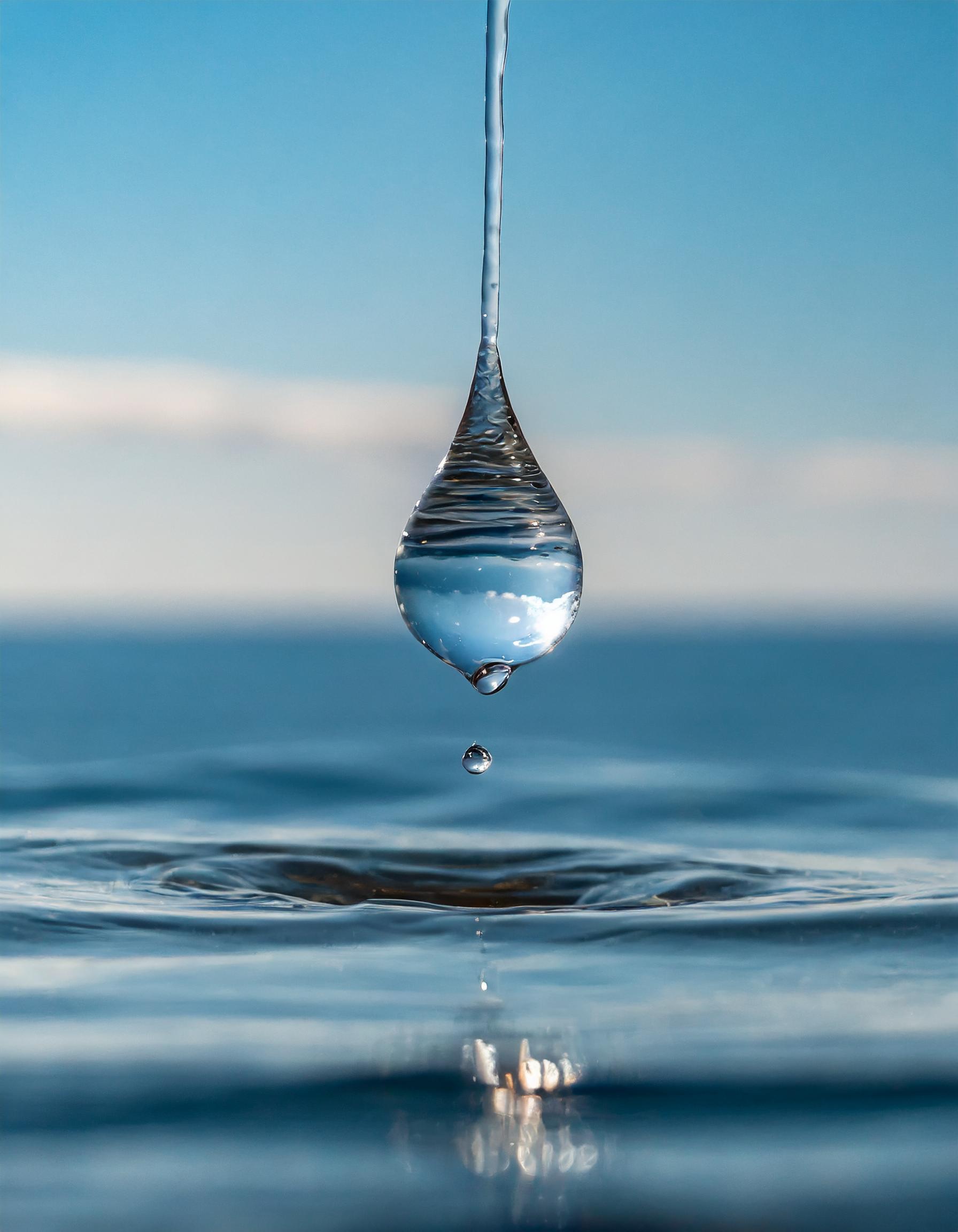Your pool water is an essential element for your swimming. But did you know that its quality can be influenced by the presence of dissolved minerals? Among these minerals, calcium and magnesium play an important role, and their concentration is measured by TH (Total Hardness).
 What is TH?
What is TH?
TH, expressed in French degrees (°f), measures the concentration of calcium and magnesium ions in your pool water.
- Soft water: TH less than 15°f.
- Moderately hard water: TH between 15 and 30°f.
- Hard water: TH higher than 30°f.
The importance of calcium and magnesium
Calcium and magnesium are important elements for the health of your pool water:
- Stabilize pH: They help maintain a stable pH between 7.2 and 7.6, ideal for swimming.
- Prevent scaling: Calcium helps prevent scale formation on pool walls and equipment.
- Facilitate flocculation: Magnesium aids in the aggregation of fine suspended particles, facilitating their filtration.
Impact of TH on pool water
- Too low TH (soft water) :
- Water can become corrosive and attack pool walls and equipment.
- pH can become unstable and difficult to maintain.
- Water can become cloudy, and disinfection less effective.
- Too high TH (hard water) :
- Water can become cloudy and limestone.
- Scale can form on walls and equipment, reducing their effectiveness.
- Chemical consumption may increase.
Ideal balance for healthy water
The ideal is to maintain TH between 10 and 25°f.
- If TH is too low:
- Add a calcium-based hardness corrector product.
- If TH is too high:
- Dilute pool water with soft water.
- Use a water softener.
TH is an important element to monitor to ensure the quality of your pool water. By maintaining an adequate TH level, you preserve the health of your pool and enjoy a pleasant and worry-free swimming experience.